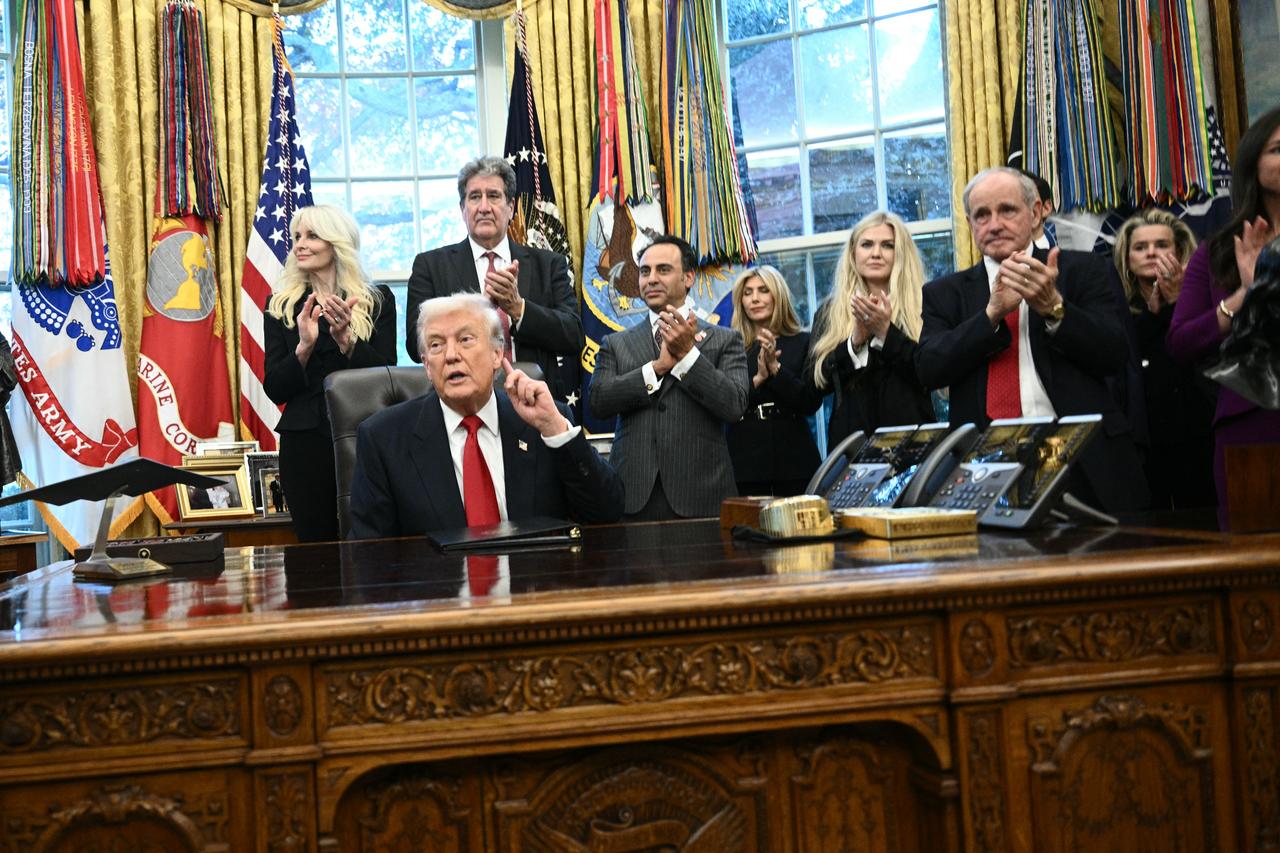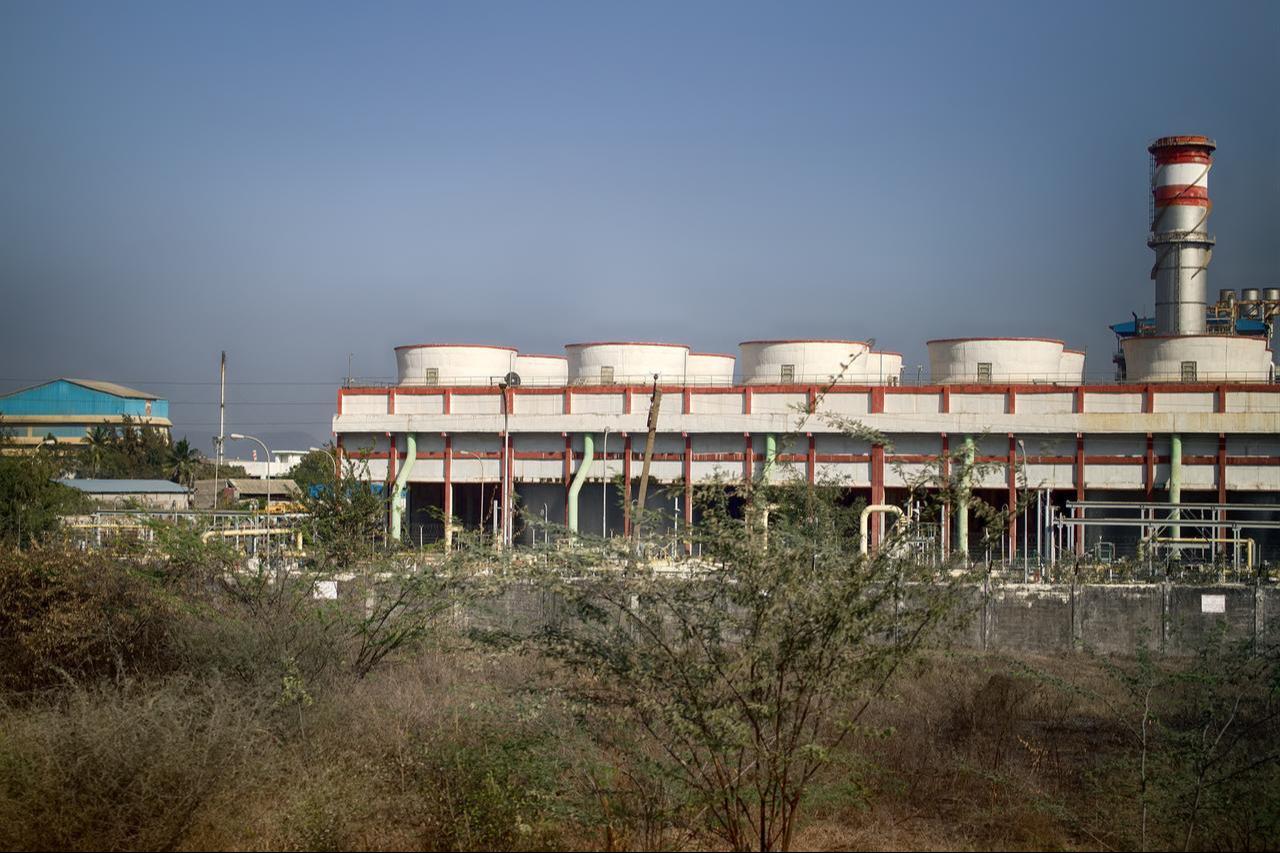
U.S. President Donald Trump said Monday that his administration is considering reducing tariffs on imports from India and Switzerland as trade negotiations advance, even as the Supreme Court reviews a case that could challenge his authority to impose such duties.
Trump noted that India, which currently faces tariffs as high as 50% on goods exported to the United States, has "curtailed" its purchases of Russian oil and may see tariff relief as a result. "We’re gonna to be bringing the tariffs down on India," he said during remarks at the Oval Office.
He also stated that Washington is "working on something" with Switzerland, whose exports face a 39% tariff. "We hit Switzerland very hard. We want Switzerland to remain successful," he said, referring to the European country’s robust economy built on pharmaceuticals, banking, and watchmaking.
The Trump administration first imposed 50% tariffs on Indian goods in August after New Delhi’s firm stance against Washington’s push to halt Russian oil imports, citing Western sanctions imposed since the 2022 invasion of Ukraine as the primary reason for the duties.
However, Russian Deputy Foreign Minister Andrey Rudenko said Monday that India continues to buy Russian crude, contradicting Trump’s recent claim that the country had "significantly reduced" such purchases.
India remains the second-largest purchaser of Russian oil after China, with imports rising to about 1.48 million barrels per day (bpd) in October from 1.44 million bpd in September, according to Kpler data.
Swiss negotiators are reportedly seeking to reduce the rate to 15%, while other nations have achieved lower tariffs through commitments to invest in the U.S. or to purchase large volumes of American agricultural and aerospace goods.

Meanwhile, Trump’s tariff measures, first introduced in April under a law allowing the president to act on national security grounds, are now facing intense scrutiny before the U.S. Supreme Court, where a landmark case could determine whether the president exceeded his constitutional authority.
A lower court ruled in May that he had exceeded his authority, leading to the current appeal before the Supreme Court.
During a hearing last week, a majority of justices—including several conservatives—expressed deep skepticism about the legality of Trump’s use of emergency powers to impose broad, "reciprocal" tariffs on nearly every U.S. trading partner.
The case, brought by small business groups, challenges Trump’s reliance on the International Emergency Economic Powers Act (IEEPA), a 1977 law that allows the president to regulate commerce in response to extraordinary threats.
Trump has previously warned of "an economic and national security disaster" if his tariff framework were struck down.
Although the tariffs have not caused widespread inflationary pressure, businesses report higher import costs. If the court rules against Trump, legal experts say the government could still invoke other statutes to impose temporary duties of up to 15% while pursuing new, longer-term trade authorities.
Critics argue that the tariff framework raises costs for U.S. importers and consumers, while the administration maintains that it protects domestic industries and generates revenue for the Treasury.
Trump has said part of the tariff revenue could be redirected to support low- and middle-income Americans, stating, "We’re going to issue a dividend to our middle-income people and lower-income people, about $2,000, and we’re going to use the remaining tariffs to lower our debt."
The plan would require congressional approval. Separately, Senator Josh Hawley of Missouri has proposed a bill to provide $600 tariff rebates to most Americans and their children, reflecting broader Republican efforts to offset the financial impact of trade duties on households.